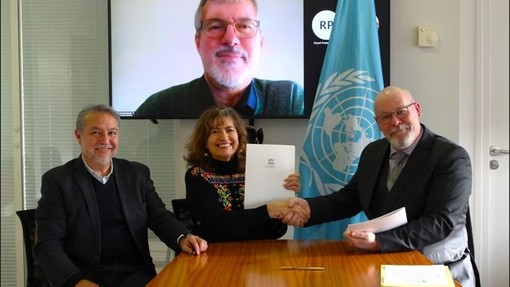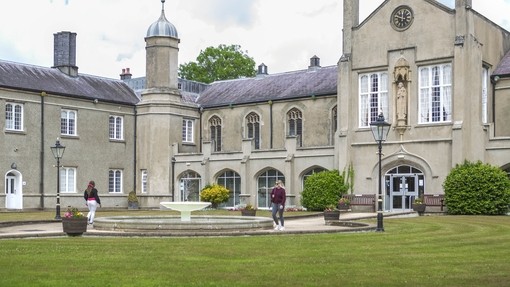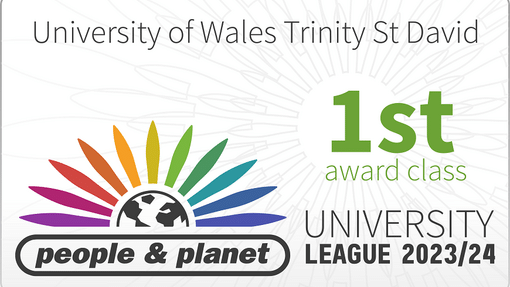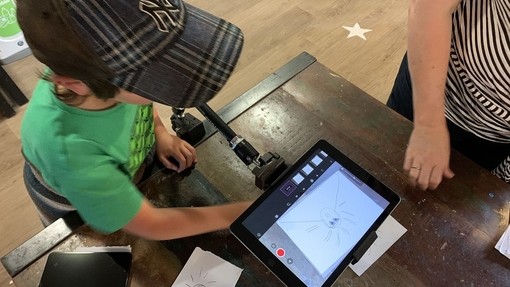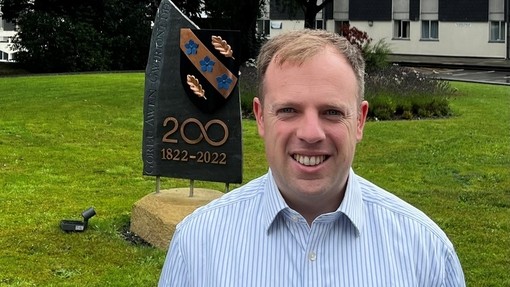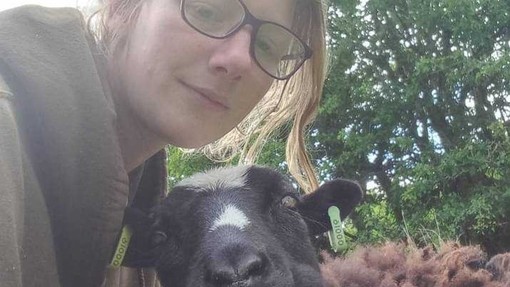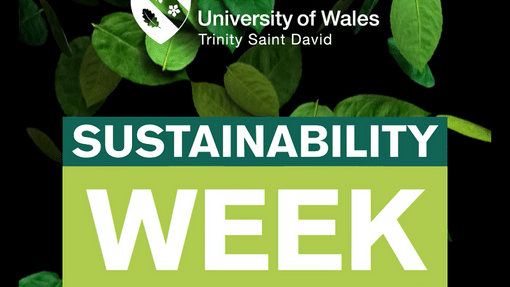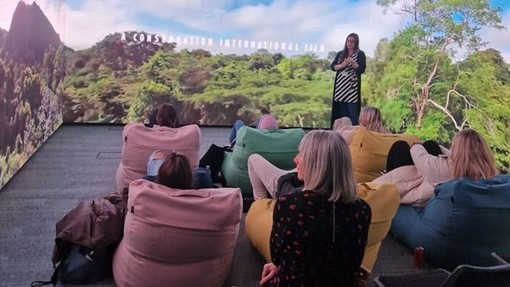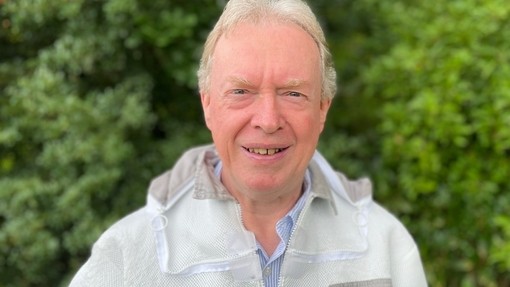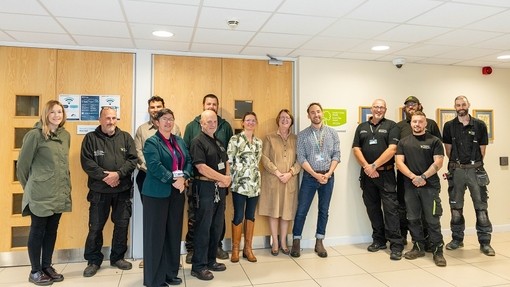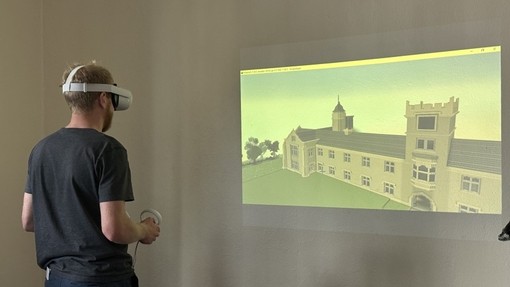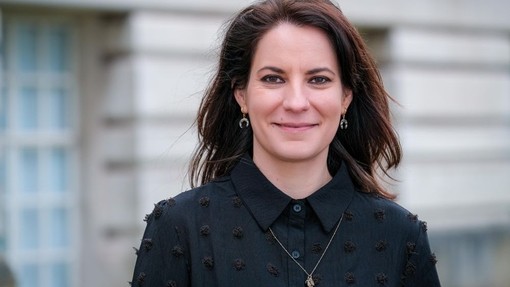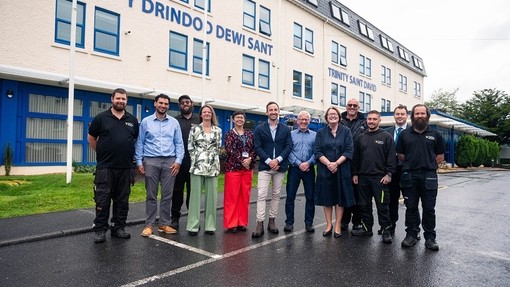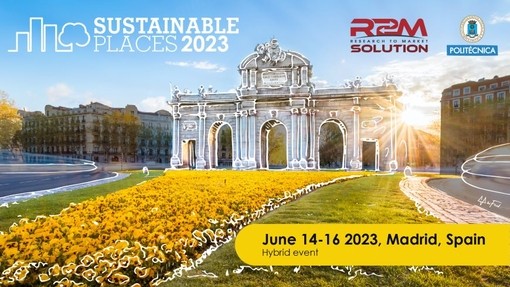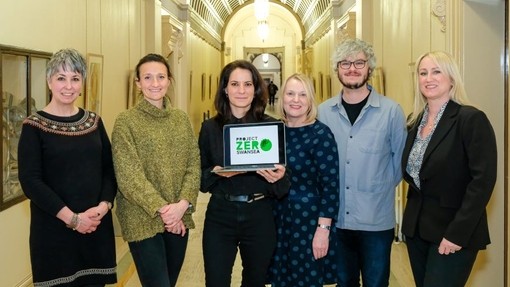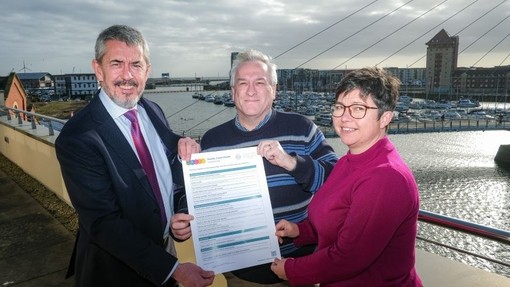
Sustainability
Fix your Future
UWTSD is dedicated to creating a community of staff and students who support sustainability through social, economic, cultural and environmental responsibility.
We work collectively across all University areas to collaborate and educate individuals about the ways we can positively influence today’s society and generations to come.
Green Impact
UWTSD declared a climate emergency in 2019 and we are working hard to protect your planet so that you can have the best future possible. For general enquiries around sustainability please email.
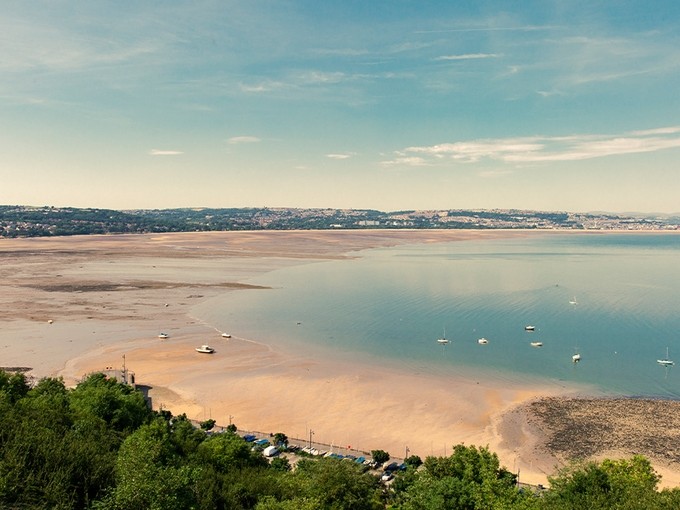
What we've done:
- Invested over £1M into Solar PV projects so we can generate our own energy,
- Planted 200 trees to celebrate 200 years of UWTSD,
- Achieved hedgehog friendly campus status,
- Banned single use plastic from our food outlets and we are phasing out disposable coffee cups,
- Achieved Green Flag status for Carmarthen and Lampeter Campus for maintaining beautiful grounds and ecosystems for everyone to enjoy,
- Reduced our waste and increased our recycling rates,
- New buildings are built to a Net Zero BREEAM Excellent standard,
- We have cultivated wildflower meadows where nature is flourishing,
- We have a ‘Library of Things’ on campus for those bits and bobs you forget.
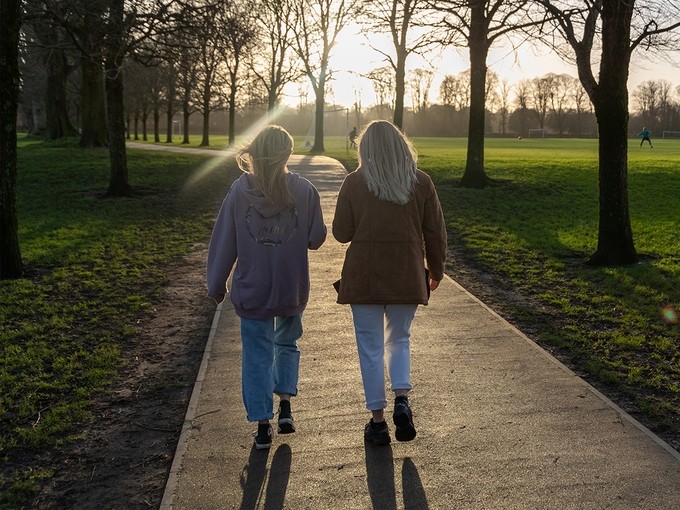
What you can do:
- Shop local.
- Make environmentally informed travel choices.
- Reuse or recycle.
- Say NO to disposable coffee cups.
- Refuse single use plastics.
- Eat less meat.
- Power down – turn off lights, laptops, phones, etc…
- Don’t use aerosols.
- Use less water.

Green Travel
Our campuses are easy to reach via foot, bike and public transport. Follow the links below for information on how to get there using sustainable modes of transport.
Our sustainability pages will give you more information about our commitment to sustainability at UWTSD.
The University demonstrates its commitment to long term goals of becoming a net-zero carbon organisation with the signing of the ‘Swansea Bay Healthy Travel Charter’. The charters ambitious actions promote sustainable transport methods and empower staff and students to make green travel choices.
The Green Dragon Environmental Standard is awarded to organisations that can demonstrate effective environmental management and that are taking action to understand, monitor and control their impacts on the environment.
It’s suitable for organisations of all sizes, in any industry, and is flexible in design, so you tailor it to your needs.
The Standard, which is structured into five ‘Levels’, allows organisations to gain a third-party certification that provides recognition of their environmental practices and demonstrates their commitments to sustainability, consideration of environmental impacts, compliance with legislation and environmental protection.
The 5 Levels of Green Dragon are:
- Level 1: Commitment to Environmental Management
- Level 2: Understanding Environmental Responsibilities
- Level 3: Managing Environmental Impacts
- Level 4: Environmental Management Programme
- Level 5: Continual Environmental Improvement.
Level 5 Green Dragon is equivalent to, and in fact requires a greater environmental commitment in respect to public reporting and carbon emissions than ISO14001 and EMAS. The Green Dragon Environmental Standard is owned and managed by Groundwork Wales, a UKAS Accredited Inspection Body.
UWTSD are Committed to Sustainable Development
Working together Kelly Williams, Executive Head of Operational and Estates and Facilities, and Kate Williams, the Head of Sustainability, have established a clear accountability route that ensures that sustainability becomes embedded into policy and establishes collective responsibility to make a positive impact upon our people, our communities and our planet
The Sustainability Steering Group (SSG) is responsible for supporting the Sustainability agenda for the University Group, and for monitoring and measuring progress against performance indicators to confirm effective implementation and alignment with organisational objectives and strategy. It will review (where appropriate) strategy and policy and approve or refer to Senior Directorate as is necessary, while working to ensure that the requirements of both UN Sustainable Development Goals and the Wellbeing of Future Generations Act (2015) requirements are met. This steering group is chaired by the Deputy Vice Chancellor who is instrumental in driving the institutional change.
The Sustainability Development Group (SDG) is formed by managers across every academic and professional service in the University as well as Coleg Sir Gâr. This group has student representation, and membership is open to all students who wish to be part of it. They are tasked with creating a departmental sustainability action plan, capturing suggestions and actions to move the sustainability agenda forward to meet our commitments, including the Net-Zero Carbon by 2030 ambition.
The membership of these groups ensures senior level oversight and support for this agenda, as well as ensuring engagement and consultation with senior officers in terms of wider University Group impact.
Enabling meaningful change
Across the academic and professional services, staff members have taken on roles as champions. The Sustainability Champions and Waste Champions will be pivotal to enabling the shift in organisational culture that is required to truly embed sustainability
Across the student body, sustainability interns and student champions are nudging their peers along the sustainability journey. The roles range from supporting litter-picks to sorting donations or running awareness campaigns. Students also have an opportunity to be co-opted onto sustainability action groups, themed groups that develop strategy and action plans in specific areas such as food or biodiversity.
Sustainability Steering Group Membership
- Executive Head of Operational Estates and Facilities, Kelly Williams
- Chair Deputy Vice-Chancellor, Dylan Jones
- Campus Provosts
- Vice-Principal Learner and Partnerships, Coleg Sir Gâr
- Director of Estates, Coleg Sir Gâr
- Director of Digital Services
- Executive Head of Operational Estates and Facilities
- Director of Student Services
- Executive Director of Human Resources
- Finance Business PartnerHead of Policy and Planning
- Head of SustainabilityDirector of Academic Experience
- Chief Executive Officer of the Students’ Union or nominee
- Trade Union Representative
- Student Representative
Green Impact is a world-wide environmental accreditation developed by the National Union of Students (NUS) and now run by Students Organisation for Sustainability (SOS).
The programme is a United Nations award-winning programme, that a range of organisations can take part in, from Students’ Unions, Universities, NHS Trusts and more. Over 60 Universities and 70 Students’ Unions in the U.K have taken part!
The Green Impact Programmes aim to provide a framework for organisations to work with to record and grow their sustainable actions. SOS also provide training and support for any organisations undertaking Green Impact, to ensure that they achieve as many sustainable actions as possible.
For universities, the Green Impact programme looks for students and staff to undertake impactful actions towards sustainability; this includes environmental sustainability but also more widely at wellbeing, culture and how the university embeds sustainability across all curriculums and programmes. For Students’ Unions, the Green Impact programme seeks to support students’ sustainability initiatives across campuses whilst working with Elected Officers in their Students’ Union to build sustainability into the core of the Union strategically and operationally.
For the University, initiatives carried out throughout the year for Green Impact are designed to incorporate sustainability into everyday practice. Example activities include encouraging staff to only print when absolutely necessary and applying double-sided printing by default; using marketing materials to remind people to turn off lights and electronics when not in use; uploading lecture notes and module handbooks electronically to reduce the number of print-outs disseminated to students, and recycling food waste – with one of our teams setting up their own wormery! To reduce the impact of travel, car-pooling has been introduced by some teams and video conferencing negates the need for staff to travel between campuses for meetings.
UWTSD Students’ Union take part annually in the Green Impact Accreditation, the last accreditation was ‘Very Good’ . Having recently gone through the process they are awaiting the outcome of the latest assessment. The accreditation recognises all the work that was undertaken by the Sabbatical Officer Team, the Part-time Officer Team, INSPIRE Interns, students and staff.
The INSPIRE Interns have supported with leading on campaigns such as Go Green Week, collecting, promoting and distributing the reused of coffee grounds and building rainwater collectors. They have worked in partnership with the Sustainability Team and Student Services to deliver litter picks and awareness campaigns across the student and staff body at UWTSD. You can see more on the Students’ Union website about the campaigns that have happened that supported the work of Green Impact.
To find out more about Green Impact and how you can get involved, take a look at the website.
Staff and students are encouraged to follow this detailed hierarchy when deciding on whether to attend a meeting or conference off site:
- Is this meeting necessary?
- Can all meetings that are face to face be scheduled on the same day?
- If travelling for only 1 meeting, would a teams call be the more environmentally sensible option?
- Can I walk, cycle or take the bus for local meetings?
- Can I take the train?
- Is it possible to car share?”
Reusable cups – YOU are making the difference
On average UWTSD used 135,000 disposable cups per year and generates 1,599Kg of waste and 34 tonnes of CO2 emitted into the atmosphere as direct results of this waste stream.
This is the equivalent of 170 double-deckers filled to the brim with carbon dioxide. In our journey to Net Zero Carbon, UWTSD catering services are aiming to use less disposable coffee cups.
Since October 1st, you’ve been getting 50p off the price of your hot drink when you bring in your own reusable (lidded) cup. Ten percent of customers have already taken advantage of this discount.
In the two months since it has been running, nearly 600 of you have remembered your reusable cup, which has saved 6.7kg of carbon, equating to 45.5 baths full of carbon.
Also a massive thank you the catering team for promoting this initiative across all our cafés.
Spread the word, BYO cup – save money and the planet!
New Charging Points for Electric Vehicles
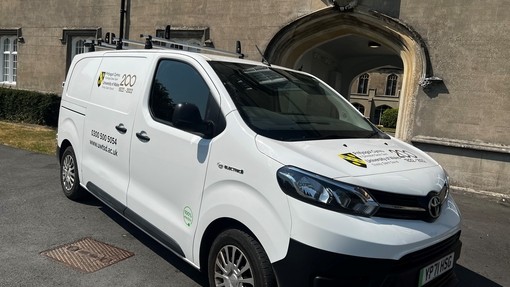
Travel is a key policy area, both nationally and locally, that significantly impacts upon climate change. It is also a great example of how UWTSD have looked holistically at how we decrease our carbon emissions, while supporting colleagues to take their own meaningful action on reducing theirs.
Last year UWTSD launched the Electric Vehicle (ultra-low emissions vehicle) Salary Sacrifice Lease scheme. This is operated by an expert in this field Knowles Fleet. Salary sacrifice is an arrangement under which you agree to give up (sacrifice) some of your gross salary (your salary before income tax and National Insurance Contributions (NIC) have been deducted) in exchange for a non-cash benefit, such as a car, provided by your employer. This means that you do not have to pay tax, or national insurance contributions on the amount that you give up. By signing up to this scheme, you agree to sacrifice an amount of your gross salary, on a monthly basis, in return for a brand new ULEV car.
This car will be leased to you for a fixed period (either 2 or 3 years) and there will also be a pre-agreed mileage limit, the same as if you leased a vehicle from a local garage. The added benefit is vehicles under the scheme come inclusive of all maintenance, tax and insurance costs so it’s a single monthly payment direct from their salary with no other vehicle costs. Sixteen members of staff have already benefitted from the this and have the pleasure of driving their brand new Electric Vehicle.
Electric Vehicle charging points have been installed by Podpoint across the majority of our estate. If you register on the Podpoint app with your UWTSD staff or student email address, the electric is charged at a preferential rate (currently 20p p/kWh), significantly cheaper than the public rate and most commercial charging points.
In addition to these schemes much of the University fleet is now electric which is seeing the current charging points being well used. To increase capacity to ensure that our university vehicles can be charged, UWTSD have successfully applied for a Welsh Government Electric Vehicle Charging Infrastructure grant that will see the additional charging points being installed in Cardiff Registry, Swansea IQ and SBC, Carmarthen Campus, and Lampeter Campus.
Find out More
Strategies and Policies are in place to shapes our institutional vision.
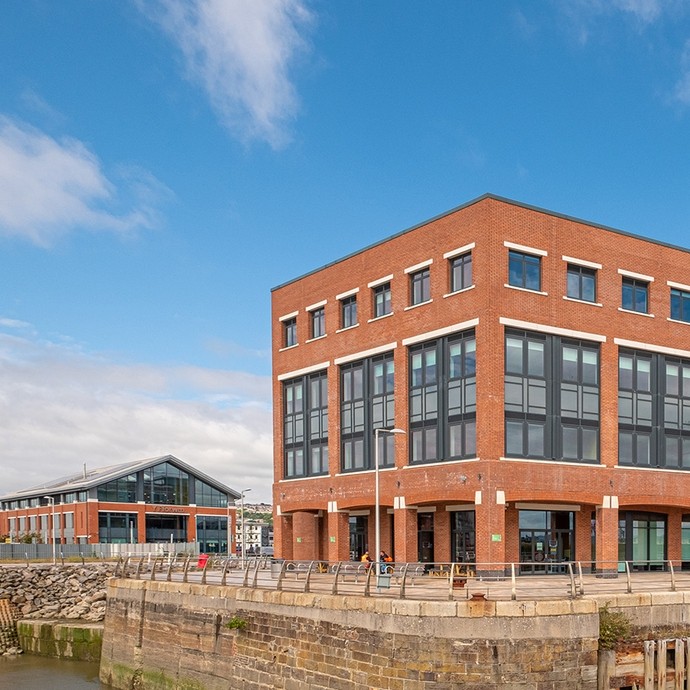
Sustainability News
Sustainability is at the heart of UWTSD; as such our staff and students work hard to have a positive impact on our people, our communities and our planet. Take some time to have a look at a few of our stories below.

